This course explores 21st century literary works from the Philippines and across the globe. It highlights representative texts and authors, focusing on their forms, contexts, and themes. Students will analyze, interpret, and evaluate these works using various literary approaches. The subject emphasizes the interconnectedness of literature and culture, encouraging learners to appreciate diversity, develop critical thinking, and create their own literary pieces reflective of contemporary realities.
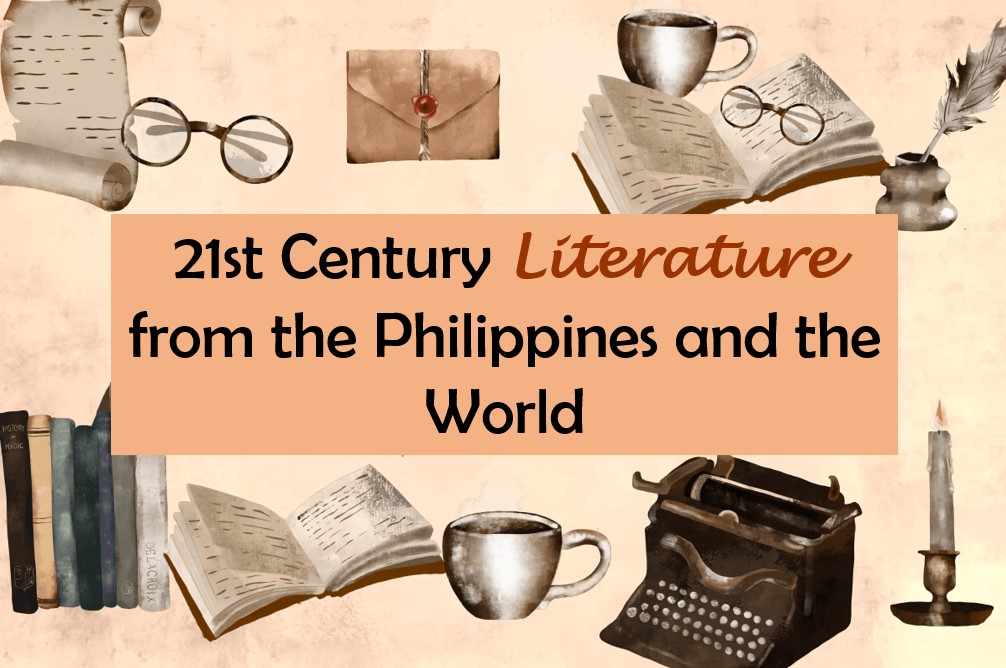
- Teacher: Jana Allysa C Alvarez
- Teacher: Lhenie Lualhati Mella
- Teacher: Arla Pabilonia
The subject covers various contemporary arts practices of the region where the school is located. It aims to provide students with an appreciation of a broad range of styles in the various disciplines with consideration on their elements and principles, and engage them to an integrative approach in studying arts. Through this subject, students will broaden and acquire the necessary creative tools that open opportunities in pursuing their individual career goals and aspirations
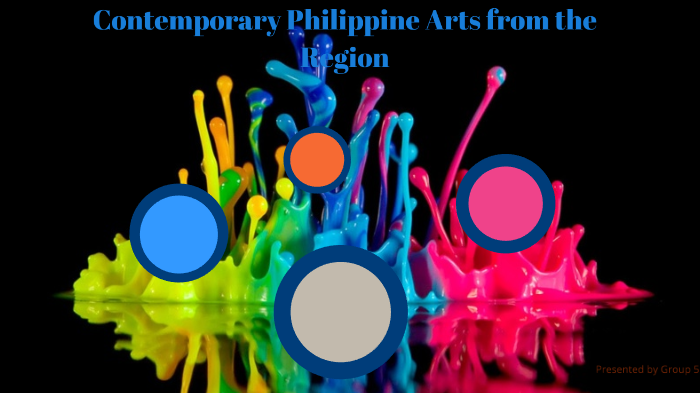
- Teacher: Irish Jane Romano
This course on dance includes rhythmical movement patterns; the promotion and appreciation of Philippine folk dance, indigenous and traditional dances as well as other dance forms. It consists of an array of offerings which learners can choose from.
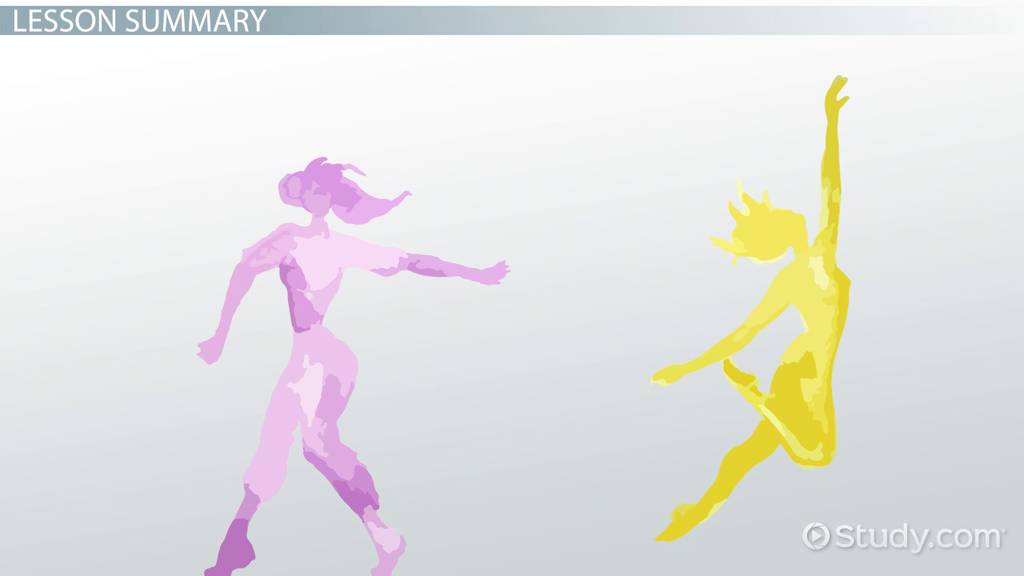
- Teacher: Pia Pamela Almacen Arrabe
- Teacher: Clarence Nico Kolimlim Cabading
Understanding Culture, Society and Politics (12 ABM & 12 STEM) - Ms. Jocelyn B. Galido (2nd Quarter)
This course uses insights from Anthropology, Political Science, and Sociology to develop students’ awareness of cultural, social and political dynamics, and sensitivity to cultural diversity; provide them with an understanding of how culture, human agency, society and politics work; and engage them in the examination of the country’s current human development goals. At the end of the course, students should acquire ideas about human cultures, human agency, society and politics; recognize cultural relativism and social inclusiveness to overcome prejudices; and develop social and cultural competence to guide their interactions with groups, communities, networks, and institutions.
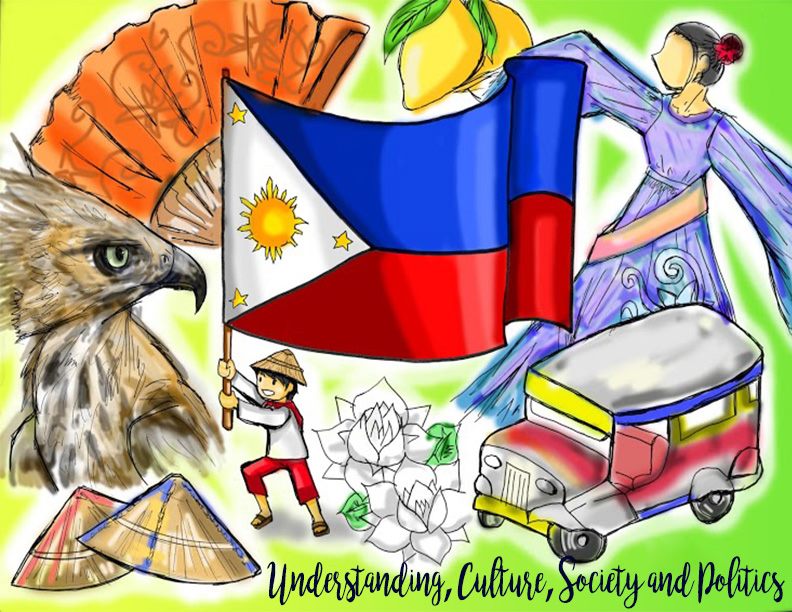
- Teacher: Jocelyn Galido
This course uses insights from Anthropology, Political Science, and Sociology to develop students’ awareness of cultural, social and political dynamics, and sensitivity to cultural diversity; provide them with an understanding of how culture, human agency, society and politics work; and engage them in the examination of the country’s current human development goals. At the end of the course, students should acquire ideas about human cultures, human agency, society and politics; recognize cultural relativism and social inclusiveness to overcome prejudices; and develop social and cultural competence to guide their interactions with groups, communities, networks, and institutions.
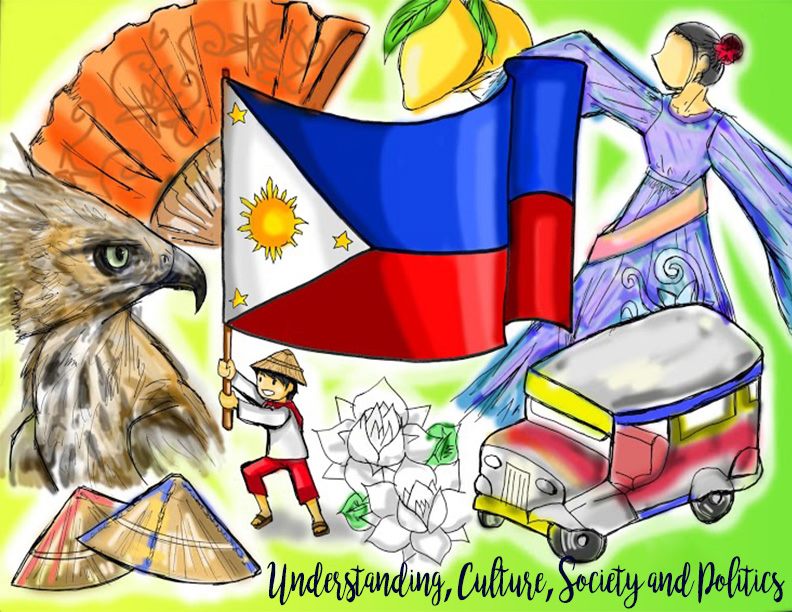
- Teacher: Pia Pamela Almacen Arrabe
- Teacher: Jocelyn Galido